Sylvia Tembo-Masebo preaches ‘Sexuality Education’ for everyone beyond Zambian citizens
Notice: Undefined index: catFilterList in /home/zambi/public_html/wp-content/plugins/wp-likes/api.php on line 243
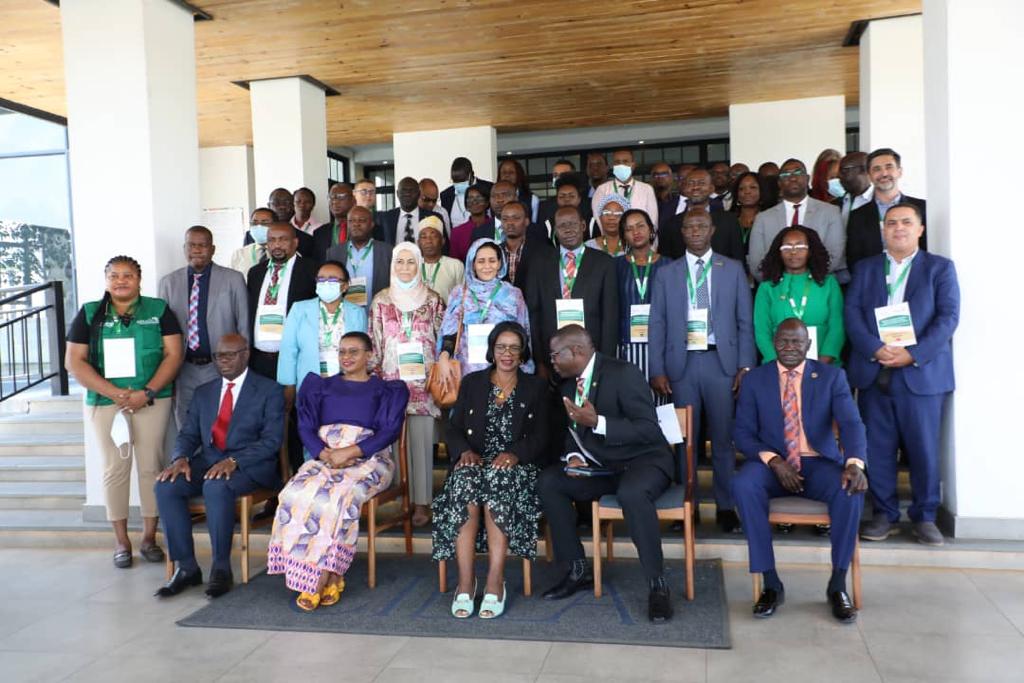
By DERRICK SINJELA, HENRY CHUNZA, Saaed Simon Banda and MALANJI NZOMBOLA
Health Minister Sylvia Tembo-Masebo is urging Zambian parents and guardians to empower young people to become ‘Agents for Change’ by inculcation of ensuring universal access to sexual and reproductive health.
Officiating a Kalingalinga Clinic, Lusaka, Monday, 26th September, 2022 Speech at the World Contraception Day (WCD) themed: “Contraception: An Investment Pillar for Economic Development,” Ms. Tembo-Masebo reiterated government’s commitment, under President Mr. Hakainde Hichilema’s leadership, to promote universal access to sexual and reproductive health services.
Serving as United Party for National Development (UPND) Chongwe Member of Parliament (MP) in LUSAKA Province, Ms. Tembo-Masebo advised each and everyone in Zambia to join hands and work together to improve awareness and access to safe, effective, and affordable contraception for all eligible people of reproductive age.
MoH Permanent Secretary Technical Services Professor Lackson Kasonka,
UNFPA Country Representative – Ms Gift Malunga, Executive Director Planned Parenthood Association of Zambia (PPAZ) Mr Baldwin Banda, Country Director, Marie Stopes Zambia, Mr. Chanda Fikansa, The Chief of Party ZAMHEALTH- Ms Mika Bwembya,
Area Counsellor for Kalingalinga Ward, Mr. Nyoni Mukubesa
Directors From the Ministry of Health and Media personnel
heard Ms. Tembo-Masebo reiterate Zambia’s resolve to create safer sexuality evident by her
commemorating the first ever World Contraception Day in Zambia.
“This day is commemorated every year on 26th September to highlight the important role contraception and family planning play in human reproductive health. I call upon people from all walks of life; women and men to champion the important subject of sexual and reproductive health. Its of particular importance that we pay attention to issues relating to unintended pregnancies. The World Contraception Day aspires to make every pregnancy wanted. Its main objective is to improve awareness of all contraceptive methods so that women and men make informed choices about their sexual and reproductive health,” explained Ms. Tembo-Masebo.
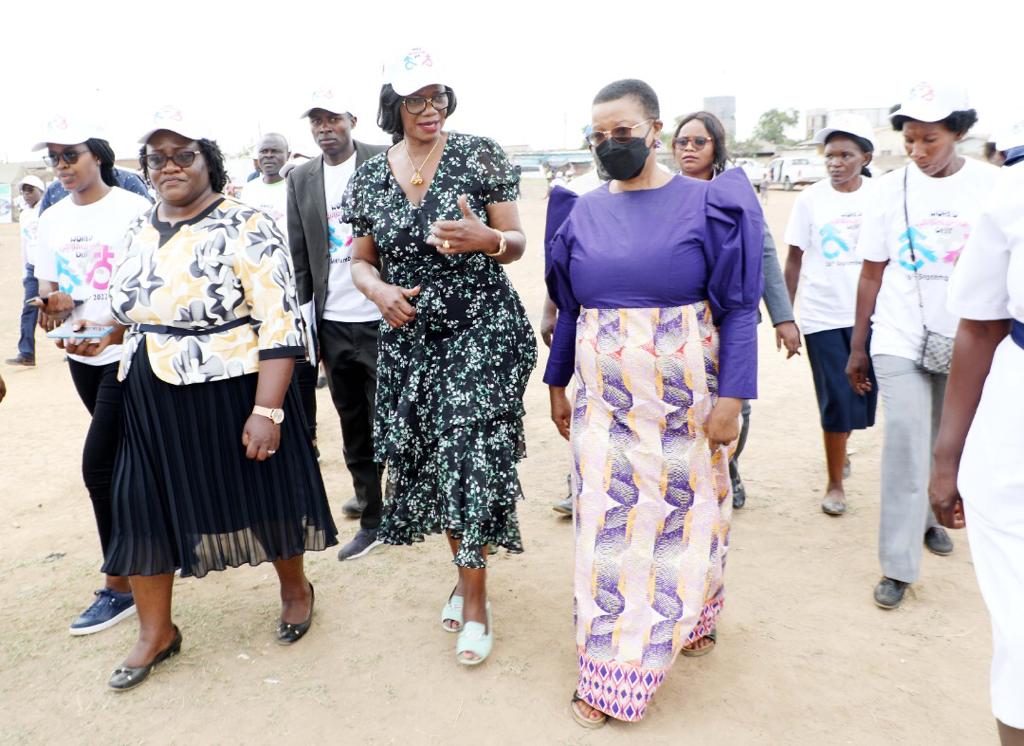
Ms. Tembo-Masebo implored all couples and individuals to be empowered with knowledge of available contraceptive methods, as such knowledge equips with information needed to make choices over family planning and spacing of children.
“Therefore this is crucial to the implementation of the population policy, a key national development planning agenda. There is a close relationship between Family Planning and the number of Children a woman will have in their life time. When there is substantial decrease in the number of children per woman in their life time, the age structure changes. There would then be more people working than the dependents, resulting in families having more income to spend. In such situations, households are able to save money and invest it in different ventures.
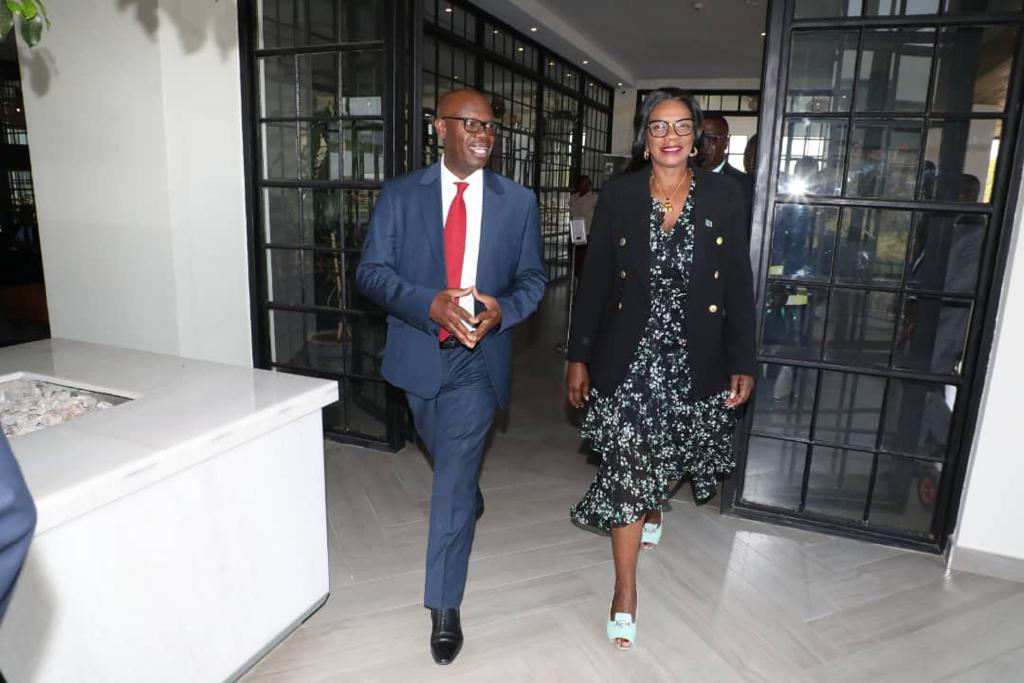
Family planning also spans across several sectors and, therefore, it is a developmental issue. Improved child health and nutrition have been documented as offshoots of family planning. Both of these have the potential to positively influence academic performance and behavior. Education is also a key determinant of the uptake and consistency in the use of family planning services. Further, Family planning is currently being identified as a cost-effective approach in climate change resilience strategies. A well managed growth of population is directly related to a well managed environment,” advised Ms. Tembo-Masebo.
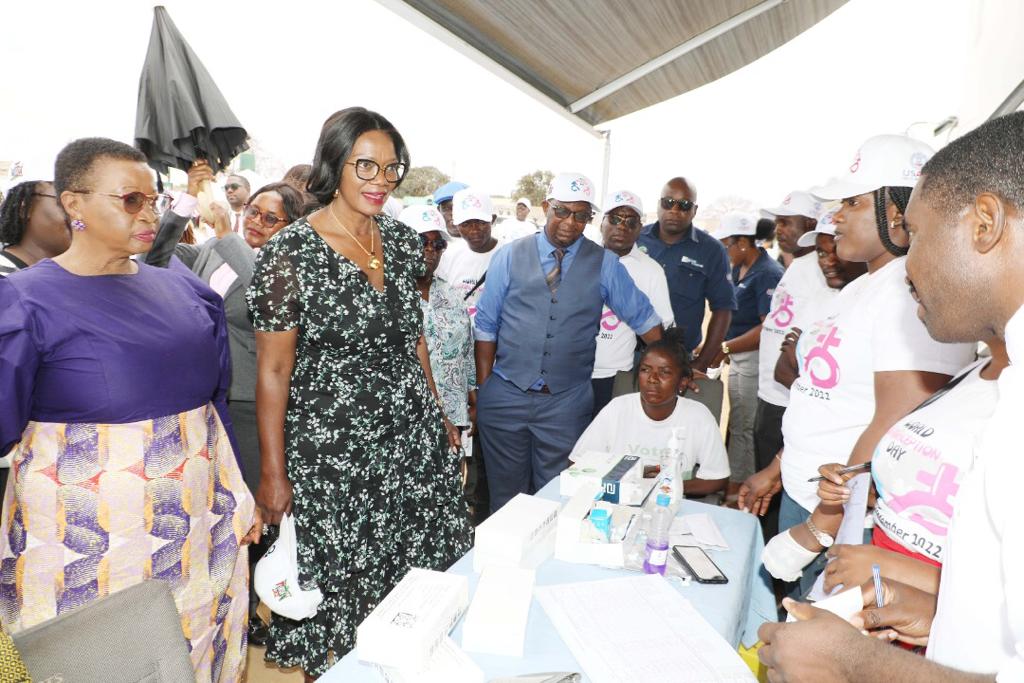
Ms. Tembo-Masebo says the promotion of family planning in Zambia has the potential to reduce poverty and hunger.
Ms.. Tembo-Masebo pointed out that family planning has potential to prevent thirty -two percent (32%) of all maternal deaths and nearly ten percent (10%) of childhood deaths.
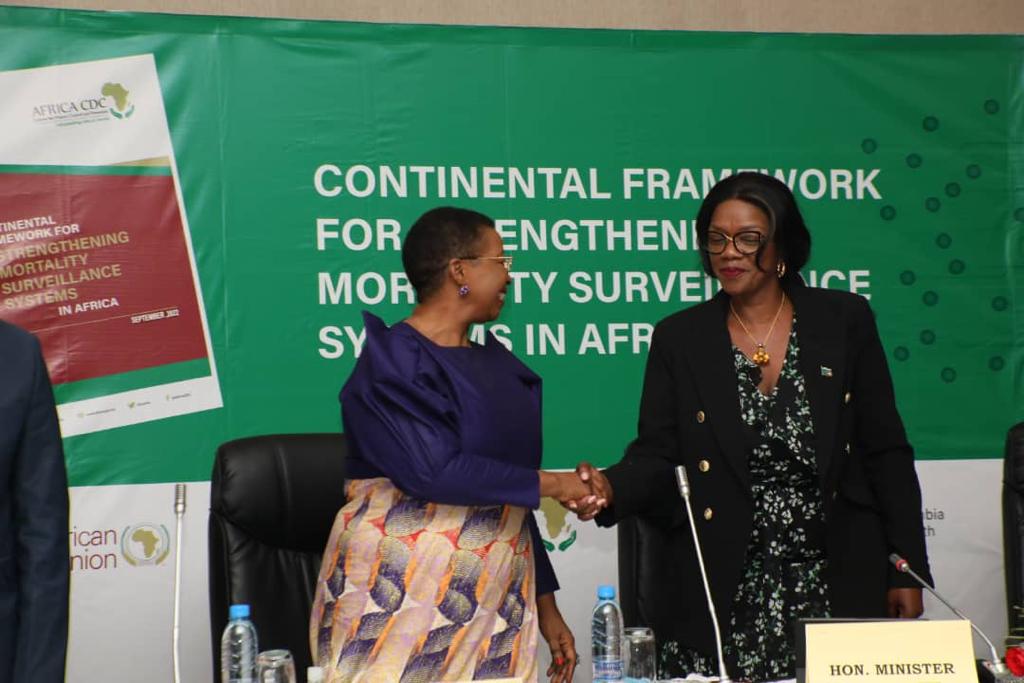
Further, as Zambia’s female Health Minister, Ms. Tembo-Masebo says Family Planning promotion can substantially contribute to the empowerment of women, achievement of universal primary schooling, and long-term environmental sustainability.
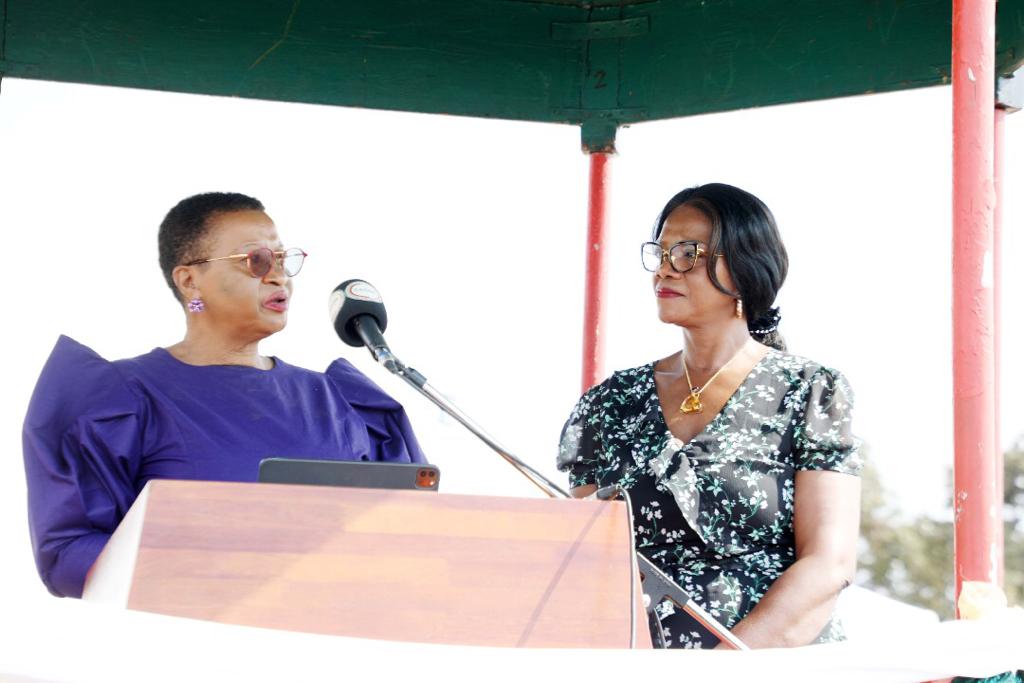
Ms. Tembo-Masebo boasted that Zambia has recorded significant progress in the uptake of contraceptives over the past decade.
“However, the rapidly growing population and the consequent child dependency undermine the capacity of families and the Government to provide quality social services including health and education. Therefore, investing in Family Planning would help Zambia achieve positive health outcomes and begin harnessing demographic dividends,” noted an optimistic Ms. Tembo-Masebo.
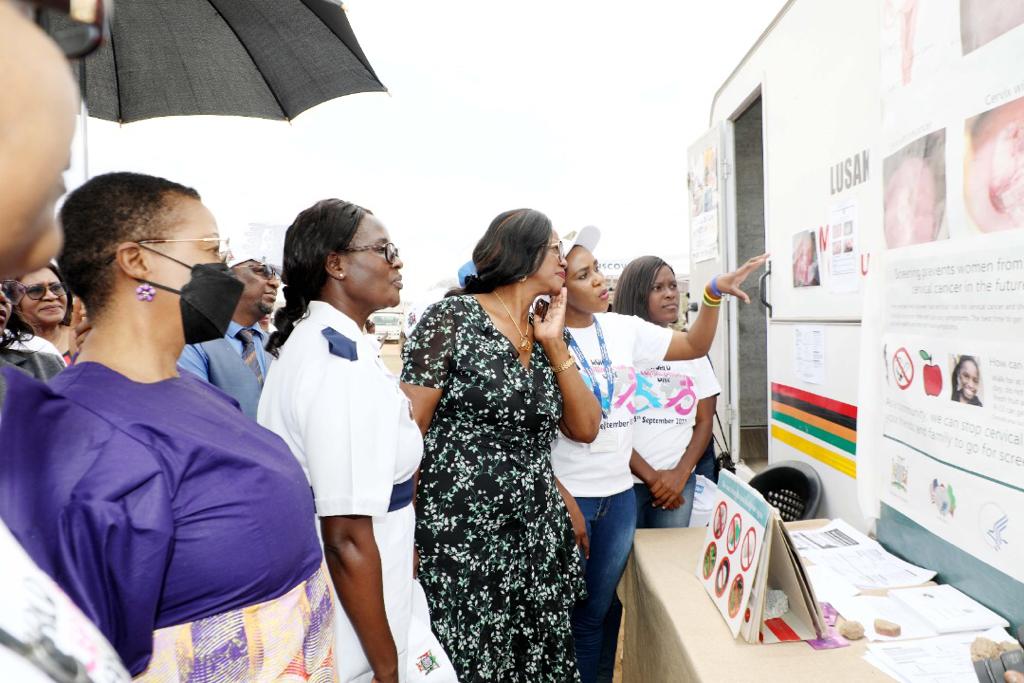
In addition, Ms. Tembo-Masebo regretted that teenage pregnancy is a big and worrisome problem in Zambia with many adolescents ending up with unplanned pregnancies despite advances made in contraceptive technology.
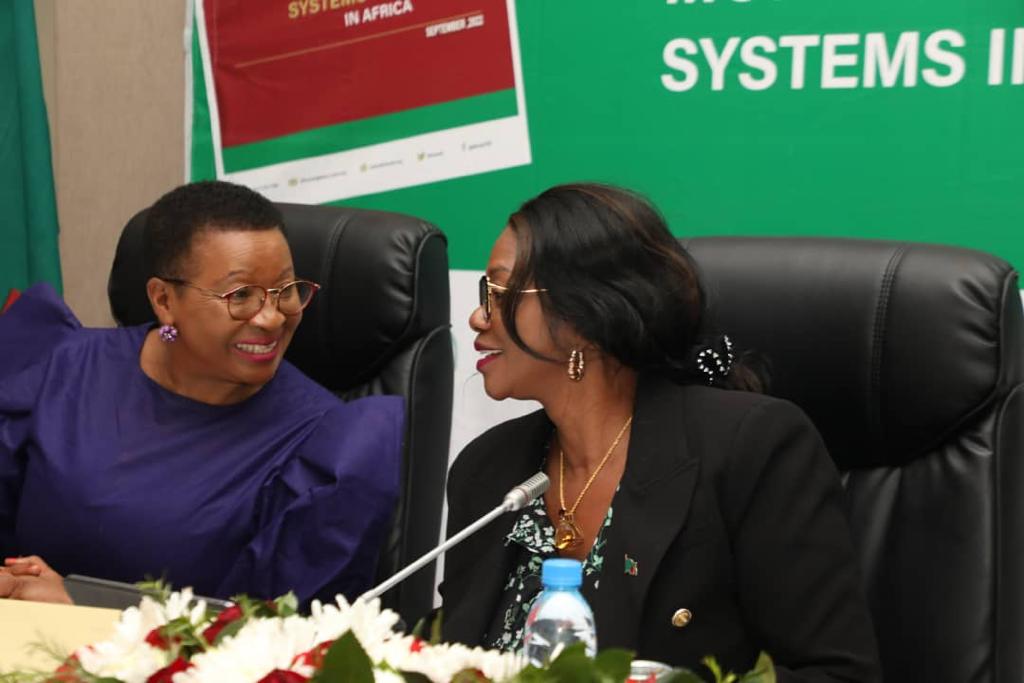
Ms. Tembo-Masebo tagged consequences of teenage pregnancy as school drop-out, acquisition of HIV and other sexually transmitted infections, disability, and death.
Ms. Tembo-Masebo believes that investing in Family Planning will help to prevent most of these unintended pregnancies.
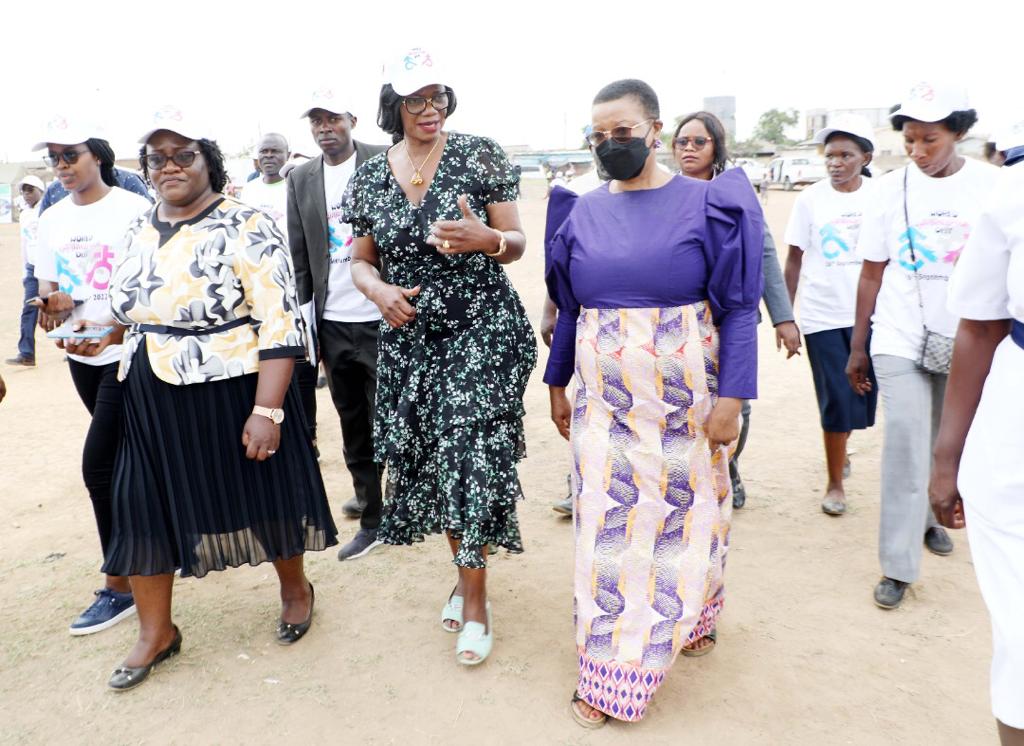
Ms. Tembo-Masebo noted that sexual and reproductive health services require individualized management especially among adolescents.





















